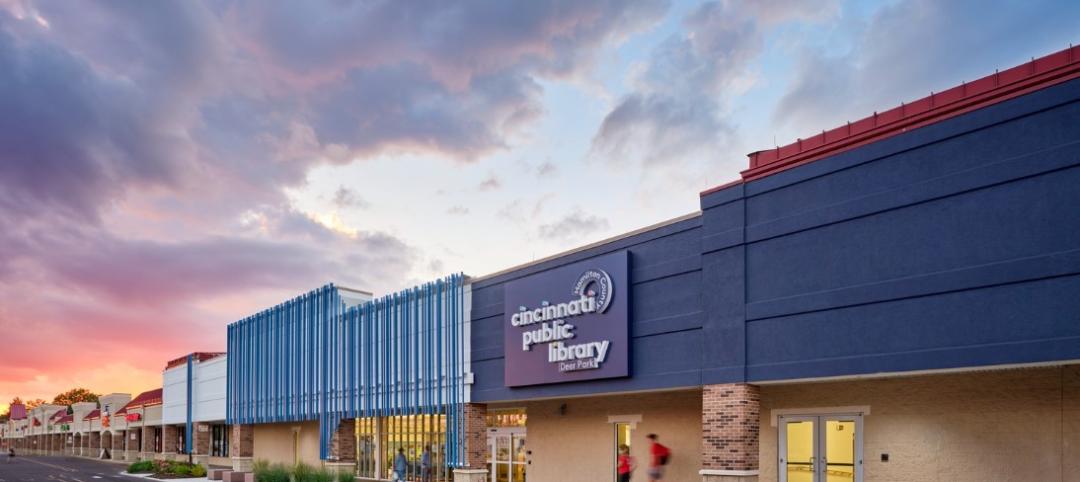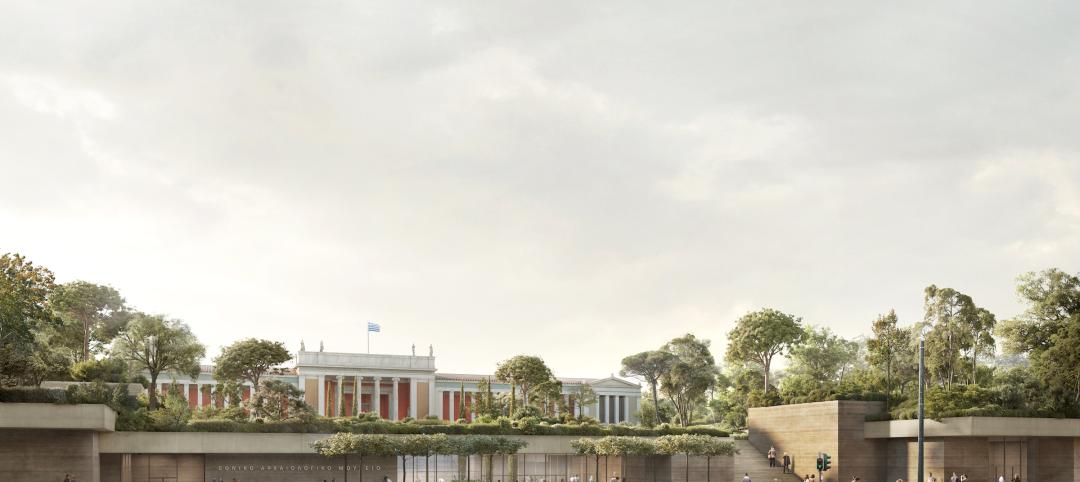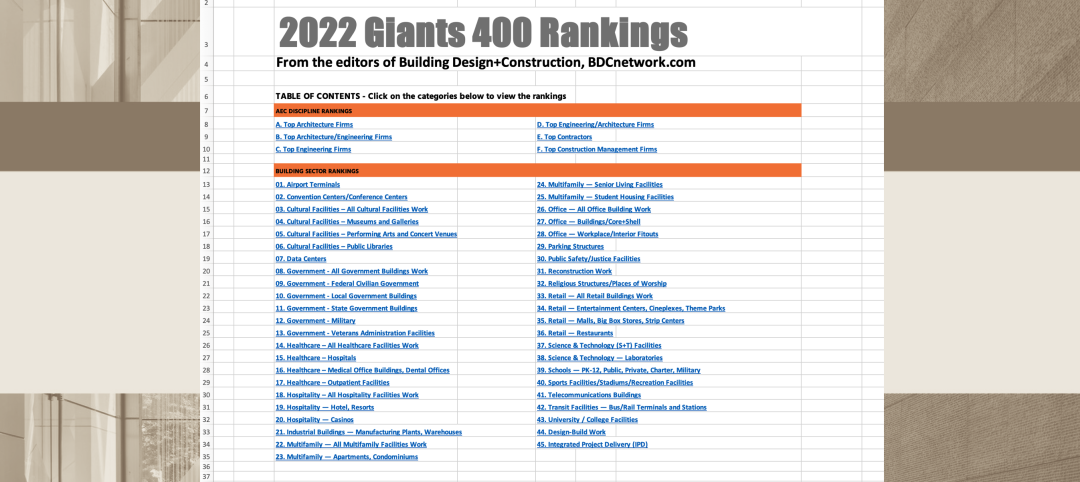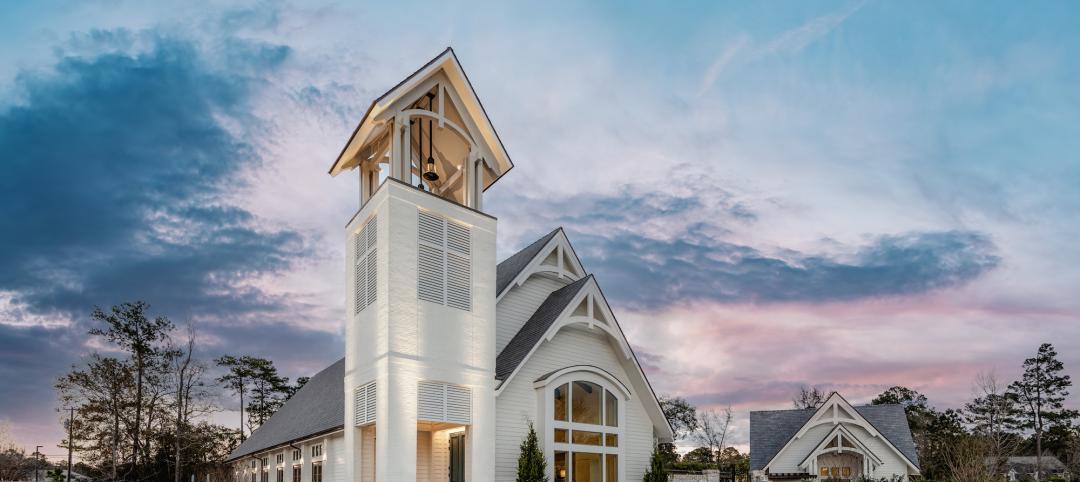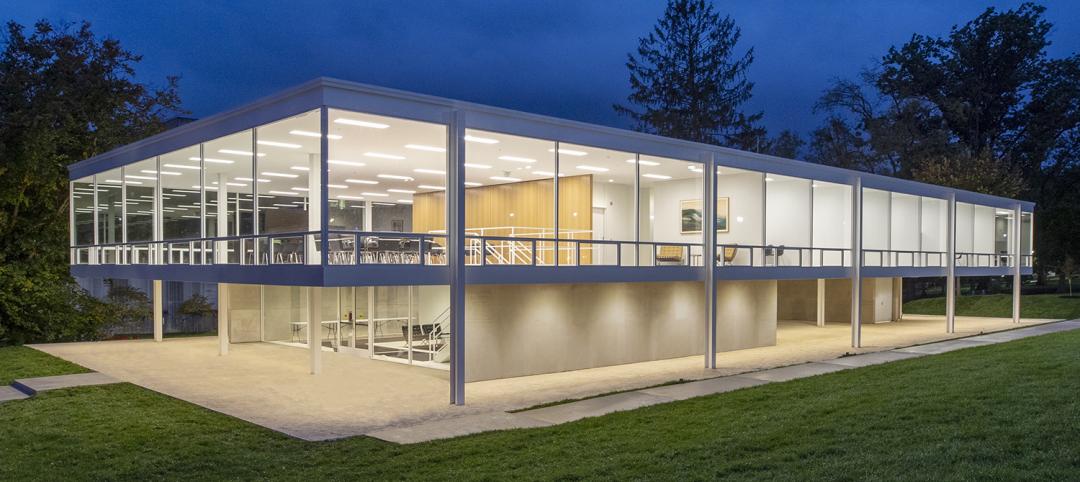
As part of a major revitalization of downtown Durham, N.C., locally based Capitol Broadcasting Company decided to transform the American Tobacco Company's derelict 16-acre industrial plant, which symbolized the city for more than a century, into a lively and attractive mixed-use development.
 |
| PHOTO: CAPITOL BROADCASTING COMPANY |
Although tearing down and rebuilding the property would have made more economic sense, the greater goal of building up downtown Durham and preserving history prevailed. Consequently, the city's largest ever historic preservation project got under way with a major environmental cleanup of the area.
Now, instead of blight, the bright new development features residential, office, restaurant, entertainment, and retail.
To preserve the historic nature of the original American Tobacco plant, only building materials that were available during the plant's lifetime (1874-1987) were used. Where new concrete had to be poured next to existing concrete, it was stressed and stained to match. Similarly, specialty brick masons were brought in to reconstruct old brickwork and craft new brick elements with the same designs and patterns found in the original buildings.
 |
| PHOTO: BOB HUGHES PHOTOGRAPHY |
One welcome feature is the incorporation of water throughout the project. Working with water feature consultant W.P. Law Inc., the Building Team, led by Atlanta architecture firm Smallwood, Reynolds, Stewart, Stewart & Associates, designed a scenic river, starting at the north end of the site and running south along the old loading docks and train tracks. Toward the center of the campus, the river splits into a beautiful, multi-level pool as it runs through a sprawling, green park.
Ultimately, the waters descend into the Fowler Courtyard via a refreshing waterfall, varying in height from three feet to 15 feet. A hidden reservoir then utilizes three 75-hp pumps to send water a quarter mile upstream, back to its headwaters.
Only trees and plants common to the community during the tobacco plant's operation were chosen for the landscaping. So as not to obstruct the project's architectural and scenic features, fewer and larger trees were selected.
 |
| Water features are significant additions to the American Tobacco Company’s grounds. The river runs along the lawn and under a bridge, past “ruins” constructed of old concrete slabs (left). The river terminates at the Fowler Courtyard, where it’s pumped back upstream to its headwaters. PHOTO: JEAN C. ALDY |
Another nature-friendly feature involved converting the old railroad tracks into bike trails for a “Rails to Trails” program.
Project guidelines stipulated that new buildings on the site had to conform to façade guidelines and could not obstruct views of the old buildings. The original water tower was preserved, while an amphitheater and stage were built below.
Local artists were commissioned to design art sculptures utilizing reclaimed machinery and materials from the old plant.
As is the case in many historic projects, no construction documents were found, so structural engineers from Morrison Engineers were on site to document existing structural conditions during demolition and reinforce structures as needed.
On the mechanical side, mechanical engineer Stantec Consulting largely kept the original plant's exposed mechanical and plumbing systems. The Building Team also went back in time to find ways to cool the buildings, utilizing the facility's extraordinarily thick walls and full basements to retain coolness.
At 1.5 million sf, the American Tobacco Project ranks as the largest redevelopment of a tobacco mill in North Carolina.
“It's a fantastic intervention in a decaying urban community,” said BD+C Renovation Awards judge Robert L. Selby, FAIA, Associate Director for Graduate Studies at the University of Illinois School of Architecture.
Related Stories
Sustainability | Apr 4, 2023
NIBS report: Decarbonizing the U.S. building sector will require massive, coordinated effort
Decarbonizing the building sector will require a massive, strategic, and coordinated effort by the public and private sectors, according to a report by the National Institute of Building Sciences (NIBS).
Libraries | Mar 26, 2023
An abandoned T.J. Maxx is transformed into a new public library in Cincinnati
What was once an abandoned T.J. Maxx store in a shopping center is now a vibrant, inviting public library. The Cincinnati & Hamilton County Public Library (CHPL) has transformed the ghost store into the new Deer Park Library, designed by GBBN.
Performing Arts Centers | Mar 9, 2023
Two performing arts centers expand New York’s cultural cachet
A performing arts center under construction and the adaptive reuse for another center emphasize flexibility.
Libraries | Feb 26, 2023
A $17 million public library in California replaces one that was damaged in a 2010 earthquake
California’s El Centro community, about two hours east of San Diego, recently opened a new $17 million public library. With design by Ferguson Pape Baldwin Architects and engineering services by Latitude 33 Planning & Engineering, the 19,811-sf building replaces the previous library, which was built in the early 1900s, damaged by a 7.2 earthquake that struck Baja California in 2010, and demolished in 2016.
Museums | Feb 22, 2023
David Chipperfield's 'subterranean' design wins competition for National Archaeological Museum in Athens
Berlin-based David Chipperfield Architects was selected as the winner of the design competition for the new National Archaeological Museum in Athens. The project will modernize and expand the original neoclassical museum designed by Ludwig Lange and Ernst Ziller (1866-1874) with new spaces that follow the existing topography of the site. It will add approximately 20,000 sm of space to the existing museum, as well as a rooftop park that will be open to the public.
Museums | Feb 17, 2023
First Americans Museum uses design metaphors of natural elements to honor native worldview
First Americans Museum (FAM) in Oklahoma City honors the 39 tribes in Oklahoma today, reflecting their history through design metaphors of nature’s elements of earth, wind, water, and fire. The design concept includes multiple circles suggested by arcs, reflecting the native tradition of a circular worldview that encompasses the cycle of life, the seasons, and the rotation of the earth.
Giants 400 | Feb 9, 2023
New Giants 400 download: Get the complete at-a-glance 2022 Giants 400 rankings in Excel
See how your architecture, engineering, or construction firm stacks up against the nation's AEC Giants. For more than 45 years, the editors of Building Design+Construction have surveyed the largest AEC firms in the U.S./Canada to create the annual Giants 400 report. This year, a record 519 firms participated in the Giants 400 report. The final report includes 137 rankings across 25 building sectors and specialty categories.
Giants 400 | Feb 6, 2023
2022 Reconstruction Sector Giants: Top architecture, engineering, and construction firms in the U.S. building reconstruction and renovation sector
Gensler, Stantec, IPS, Alfa Tech, STO Building Group, and Turner Construction top BD+C's rankings of the nation's largest reconstruction sector architecture, engineering, and construction firms, as reported in the 2022 Giants 400 Report.
Giants 400 | Feb 6, 2023
2022 Religious Sector Giants: Top architecture, engineering, and construction firms in the U.S. religious facility construction sector
HOK, Parkhill, KPFF, Shawmut Design and Construction, and Wiss, Janney, Elstner head BD+C's rankings of the nation's largest religious facility sector architecture, engineering, and construction firms, as reported in the 2022 Giants 400 Report.
Steel Buildings | Feb 3, 2023
Top 10 structural steel building projects for 2023
A Mies van der Rohe-designed art and architecture school at Indiana University and Morphosis Architects' Orange County Museum of Art in Costa Mesa, Calif., are among 10 projects to win IDEAS² Awards from the American Institute of Steel Construction.



